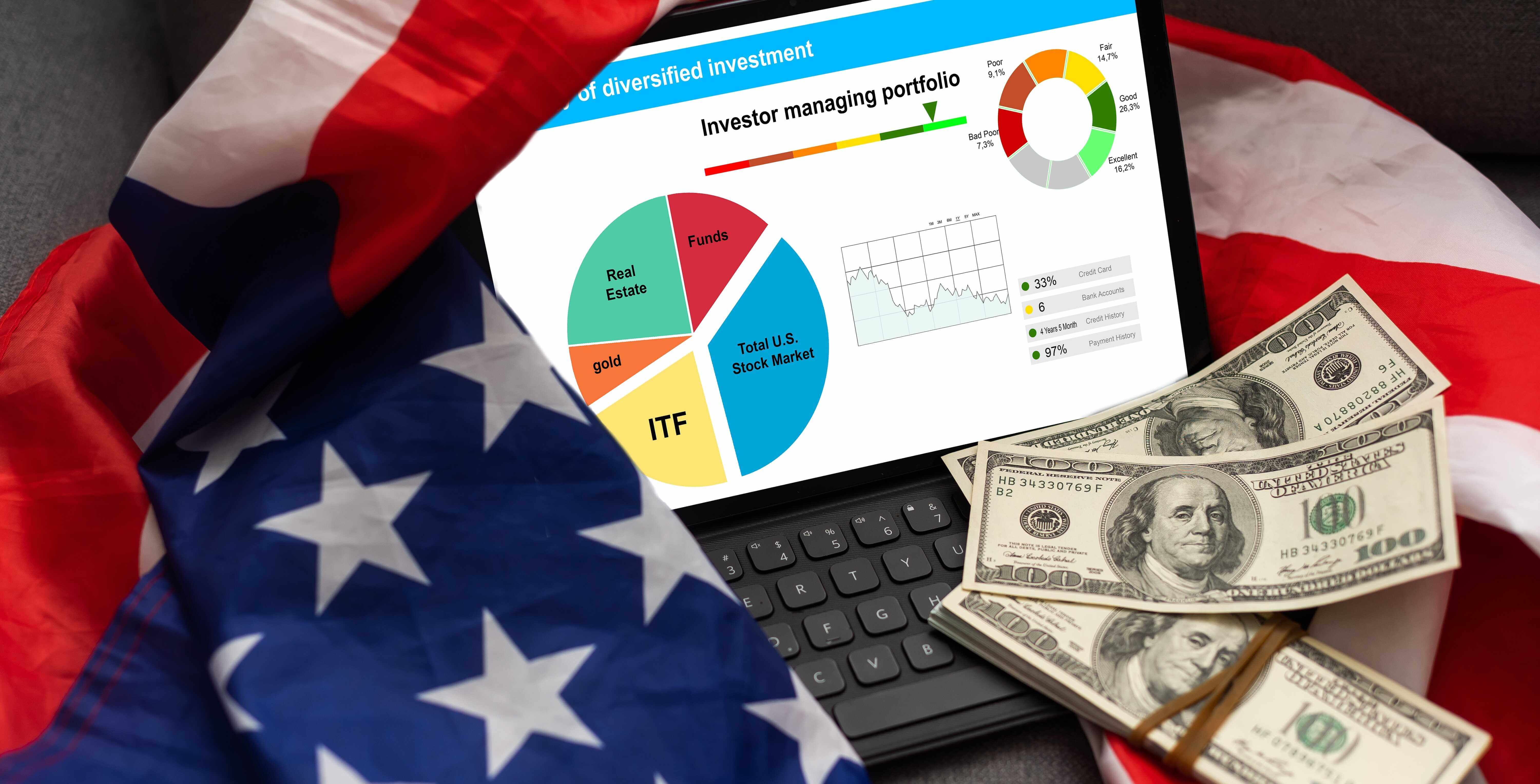Billionaire Philippe Laffont Just Sold Top Artificial Intelligence Stocks Nvidia And Amd And Piled Into 2 Players Dominating Another High-growth Billion-dollar Industry

As founder of Coatue Management, Philippe Laffont oversees $26.9 billion invested in more than 80 stocks, and though he buys players across many sectors, one in particular stands out. The billionaire is known for his investments in innovative companies, and he's generally found them in the area of technology. The sector consistently represented more than 40% of his holdings over the past five quarters, and four of his five most heavily weighted stocks -- led by Meta Platforms and Amazon -- are giants in the tech field.
But in the third quarter, Laffont and his team cut their positions in two of the world's most-watched tech stocks right now and increased positions in two stocks in a completely different high-growth area that's generating billions of dollars these days. Laffont reduced artificial intelligence (AI) chip giants Nvidia (NASDAQ: NVDA) and Advanced Micro Devices (NASDAQ: AMD), companies that have been growing data center sales in the triple digits, and increased investment in two companies dominating a market that may reach beyond $100 billion later this decade. Let's find out more.
Where to invest $1,000 right now? Our analyst team just revealed what they believe are the 10 best stocks to buy right now. See the 10 stocks »
Image source: Getty Images.
Laffont's Nvidia and AMD holdings
So, first let's talk about Laffont's Nvidia and AMD holdings. He hasn't exactly dropped them like a hot potato and still clearly believes in these companies' futures. Nvidia is the leading AI chip designer, with more than 70% market share, and offers customers an entire portfolio of related products and services. This has helped the company generate record revenue in recent times -- and the stock has followed, climbing 171% last year.
AMD may be a far-behind rival to Nvidia in the AI chip market, with about 11% share, but the company still has delivered significant growth thanks to demand from AI customers. In the recent quarter, AMD reported a 122% increase in data center revenue to $3.5 billion and said it's on track to report record full-year revenue.
Laffont reduced his position in Nvidia by 26% in the quarter and now owns 10,138,161 shares, and he cut his AMD holding by 32% to 4,249,190 shares. So, Laffont is still betting on gains in these stocks, but he's also turning to another area to benefit from innovation.
In the quarter, Laffont boosted his holdings of Eli Lilly (NYSE: LLY) and Novo Nordisk (NYSE: NVO), two companies that are dominating the weight loss drug market. Analysts expect this market to reach $100 billion to $130 billion by 2030, so this could represent significant opportunity for these drugmakers and those who invest in them.
Looking for innovation beyond the tech industry
Laffont increased his position in Lilly by more than 19% and now holds 247,950 shares, and he lifted his position in Novo Nordisk by more than 800% and now owns 326,363 shares. Of course, these pharma players still represent a much smaller portion of Laffont's portfolio than AI stocks, but his move shows he's on the lookout for innovation and growth opportunities -- and can find them -- well beyond the tech industry.
Lilly and Novo Nordisk both have demonstrated they could be the right stocks to add growth to a portfolio now and into the coming years. Lilly is the seller of Mounjaro and Zepbound, while Novo Nordisk sells Ozempic and Wegovy -- names many of us have heard in the news due to high demand for these products. They act on hormone pathways involved in the management of blood sugar levels and appetite, and as a result, they've delivered great results to patients aiming to lose weight. (Mounjaro and Ozempic are approved for type 2 diabetes, but doctors have prescribed them off-label for weight loss. Zepbound and Wegovy are specifically approved for weight control.)
These drugs have generated blockbuster revenue, and considering the level of demand and forecasts for market growth, this is likely to continue. On top of this, Lilly recently won approval for Zepbound in another indication -- sleep apnea -- opening the door to Medicare coverage. And Medicare covers Wegovy as a treatment to reduce heart attack or stroke risk. This is important because it increases the number of patients who can afford these drugs. (Medicare won't reimburse drugs approved for weight loss alone.)
All of this means buying shares of these two big pharma players right now may have been a genius move by Laffont -- and other investors looking for growth might want to do the same.
Should you invest $1,000 in Eli Lilly right now?
Before you buy stock in Eli Lilly, consider this:
The Motley Fool Stock Advisor analyst team just identified what they believe are the 10 best stocks for investors to buy now… and Eli Lilly wasn’t one of them. The 10 stocks that made the cut could produce monster returns in the coming years.
Consider when Nvidia made this list on April 15, 2005... if you invested $1,000 at the time of our recommendation, you’d have $758,099!*
Stock Advisor provides investors with an easy-to-follow blueprint for success, including guidance on building a portfolio, regular updates from analysts, and two new stock picks each month. The Stock Advisor service has more than quadrupled the return of S&P 500 since 2002*.
*Stock Advisor returns as of January 27, 2025
Randi Zuckerberg, a former director of market development and spokeswoman for Facebook and sister to Meta Platforms CEO Mark Zuckerberg, is a member of The Motley Fool's board of directors. John Mackey, former CEO of Whole Foods Market, an Amazon subsidiary, is a member of The Motley Fool's board of directors. Adria Cimino has positions in Amazon. The Motley Fool has positions in and recommends Advanced Micro Devices, Amazon, Meta Platforms, and Nvidia. The Motley Fool recommends Novo Nordisk. The Motley Fool has a disclosure policy.


